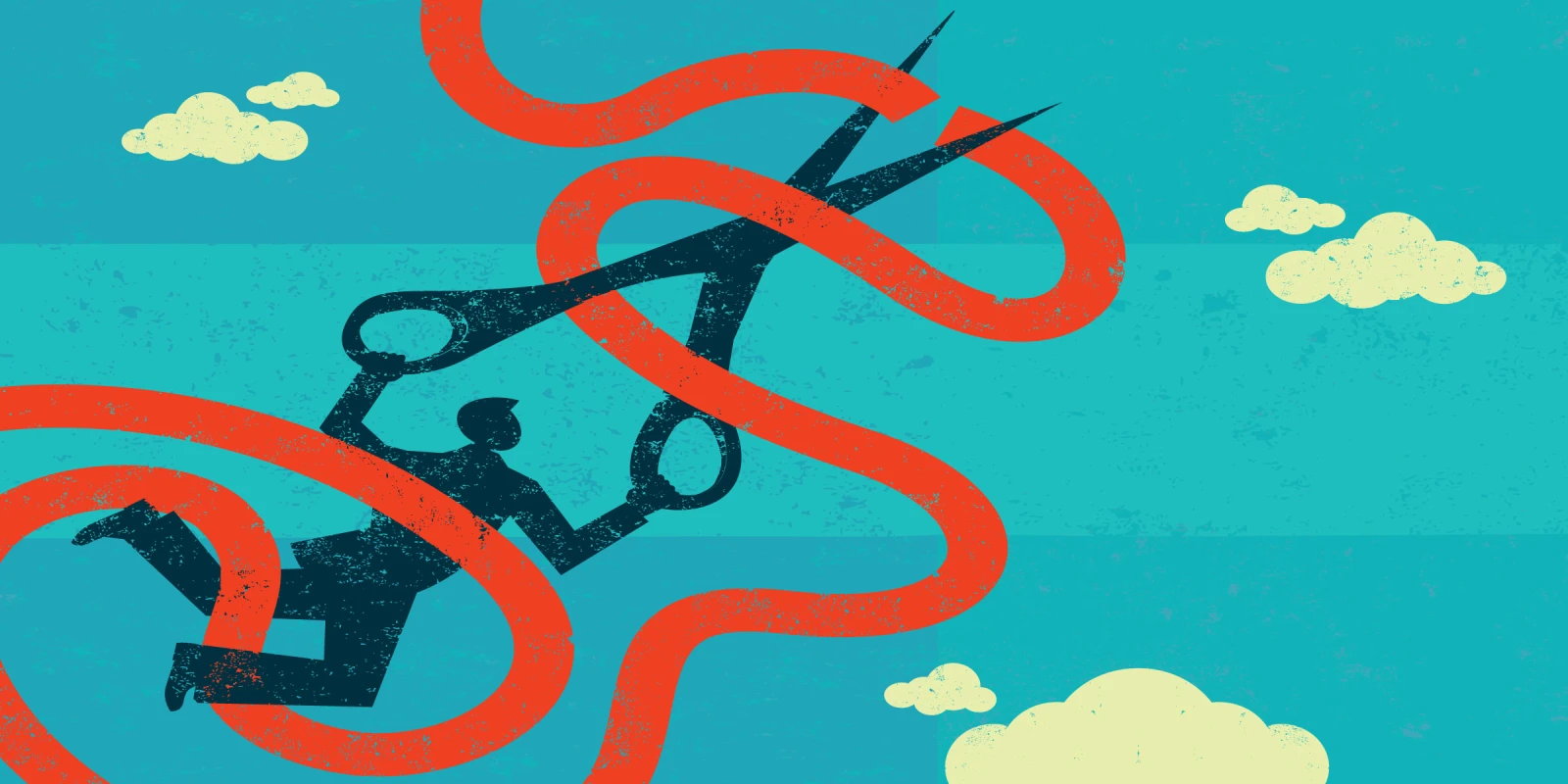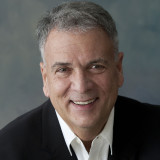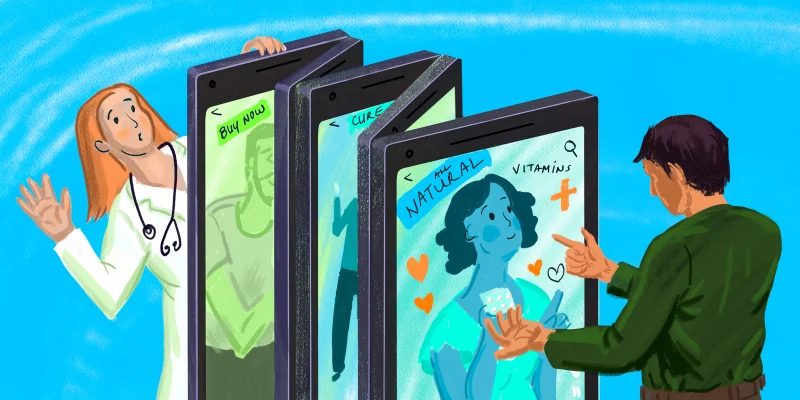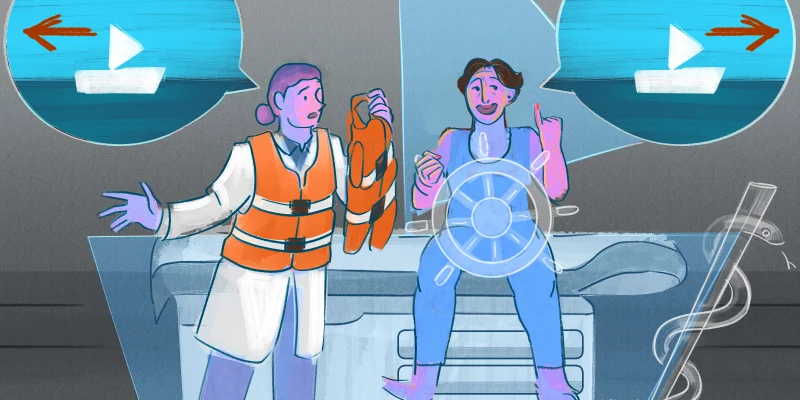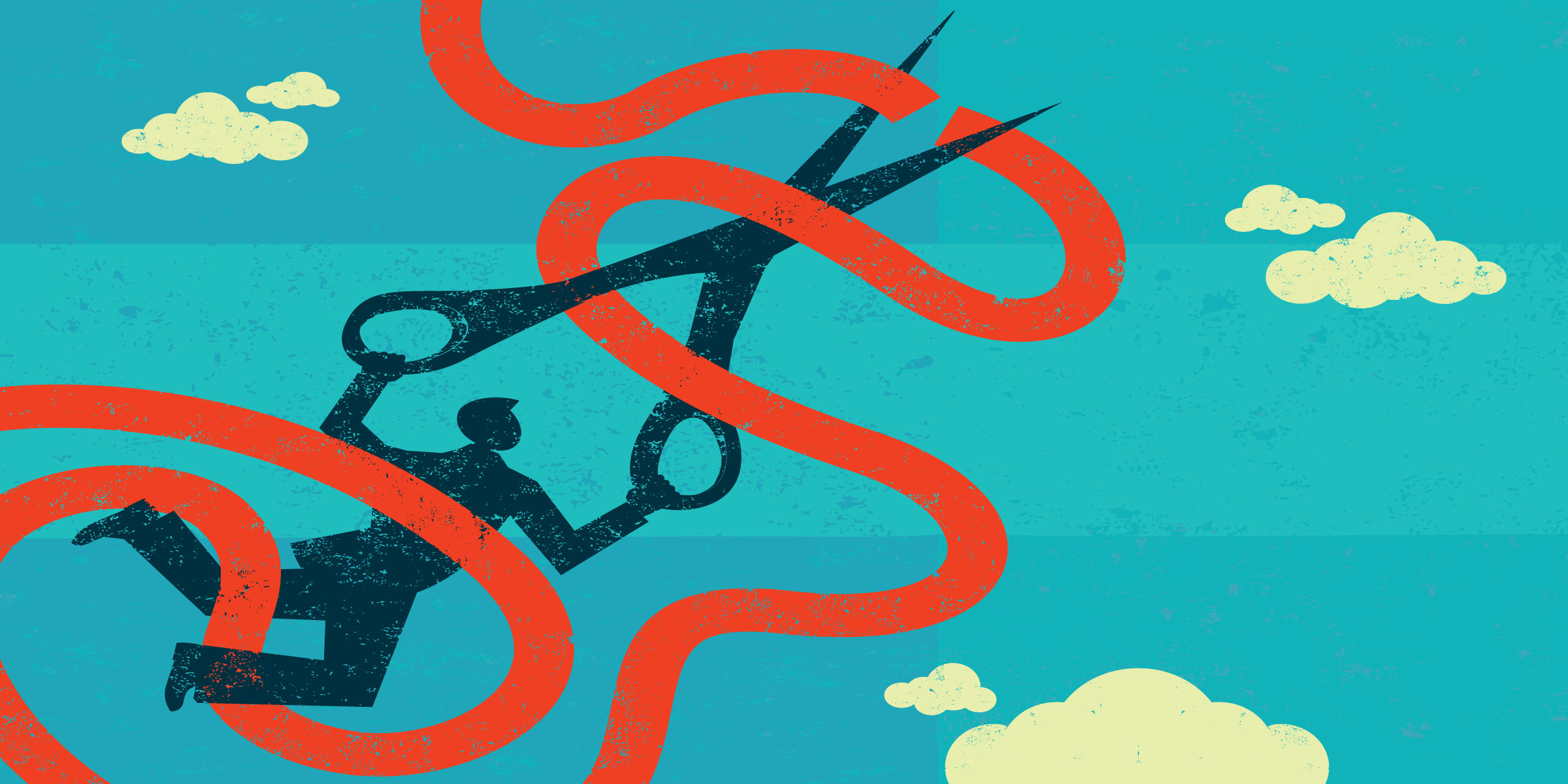
Our current COVID-19 pandemic is about as close as most of us will come to experiencing a worldwide health scare up close and personal. Having retired, I have to watch as a non-combatant but also as a potential victim, given my age (almost 65) and a less-than-pristine medical rap sheet. One of my children is a physician in an EM residency, the very front-line of the front-lines. So, I have more than a passing interest in how our health care system responds.
I already know how physicians will respond.
Gallantly. Selflessly. Heroically.
They will not triple or quadruple the cost of an office visit. They will not close early. They will not refuse testing for those who need it. They will not deny treatment to those who contract the illness. They will not pilfer the supply closets for toilet paper and hand sanitizer. And they will not lock the doors of the ED. You may not be able to go to your favorite sports bar, restaurant, or gym for a while but the hospitals will still take you in, some way, somehow. The physicians, nurses, and therapists might look like members of a hazmat crew or maybe an expedition to Mars but their protective isolation is only physical – their care, their compassion, and their goodness will defy even the most stringent universal precautions.
This is where we shine. This is where we show why we should never be called providers. This is where we prove our chops.
We are and always have been crisis managers – day in and day out, regardless of specialty. The only thing that varies is the magnitude of the crisis. A new mother and a baby with a fever, a Scout troop with poison ivy, a multi-victim accident on the interstate, a meningitis outbreak on a campus – business as usual. A viral pandemic? OK. This is also what we trained for – for the time when we would have to step up and marshal our skills, our knowledge, our experience, and in many cases, our courage.
And this is when the paperwork plagues that have been foisted upon us — RVUs, EMRs, Dashboard Reports, and Satisfaction Scores — become irrelevant. This is when the nattily dressed denizens of the C-Suites, the non-practicing CMOs, and the hen-pecking middle managers should be allowed to ask only one question:
“Doctor, what do you need?”
Accountants and personnel managers will not solve the crisis we face; neither will MBAs or CMOs long estranged from patient care. This is where they need to move over and let the doctors work. Not the providers, not the end-users, not the spreadsheet boxes, nor the profit centers.
The doctors.
I once learned from a hospital CEO that a physician VP for Population Health had been chosen for that role because they had an MBA. I pointed out that Population Health was a science and not a business and that someone with an MPH would be more appropriate. “What’s an MPH?” was the reply. Not long after, I went to bat for a colleague who was being hassled over a minuscule amount of benefit money by a “physician executive” who did not see patients and was making well over twice what the fellowship-trained specialist was requesting. For my efforts, I was branded as “irritating.” I opined that irritation is what leads an oyster to produce a pearl and that smoke irritates your nose so you know your house is on fire. This resulted in a promotion to something like Double Secret Probation. I mention these incidents only to illustrate the chasm that separates those who would control health care from those who actually deliver it.
Totalitarian regimes tolerate dissidents poorly and deal with them harshly. COVID-19 was able to gain a foothold early on because it grew in a culture medium where questions could be quashed, concerns covered up, bad news buried, and irritants erased.
Sound like a place you know? Sound like a place you work?
Independent physicians and practices remain the last, best hope for health care. Every time a cash-rich hospital or corporation acquires and then assimilates a doctor or a group of doctors, Medicine is the worse for it. The pull to do what’s right further yields to the push to do what’s profitable. In case you haven’t noticed, there’s another war going on – one being waged for the very soul of medicine. Our profession finds itself increasingly “occupied” by an invading army of accountants and financiers. In any occupation you have three choices: you can be a bystander, a collaborator, or you can be a member of the resistance.
This pandemic has much to teach us about our profession, ourselves, and the public trust we ultimately serve. The pitched battle with the new coronavirus will be won because dedicated physicians, nurses, allied health professionals, and medical scientists will prevail. Once the crisis has passed, the public may quickly forget a profession’s finest hour. It’s the nature of modern life. But we owe it to all the doctors and clinicians who got us through this pandemic to fight for a better system. Those who collaborate with the bureaucracy and the corporatization leave a legacy of shame. Bystanders try to pretend it didn’t happen or that they somehow didn’t know.
But resistance, the same thing that ultimately prevents a contagion from extinguishing humanity, can just as effectively save our profession and our patients.
Daniel Waters, DO, MA recently retired from active practice after three decades in cardiothoracic surgery and medical education. Dr. Waters is a 2019-2020 Doximity Fellow.
Image: retrorocket / shutterstock
Click here to see more perspectives on COVID-19 from the Doximity network.
Click here for up-to-date news about COVID-19 on Doximity.
